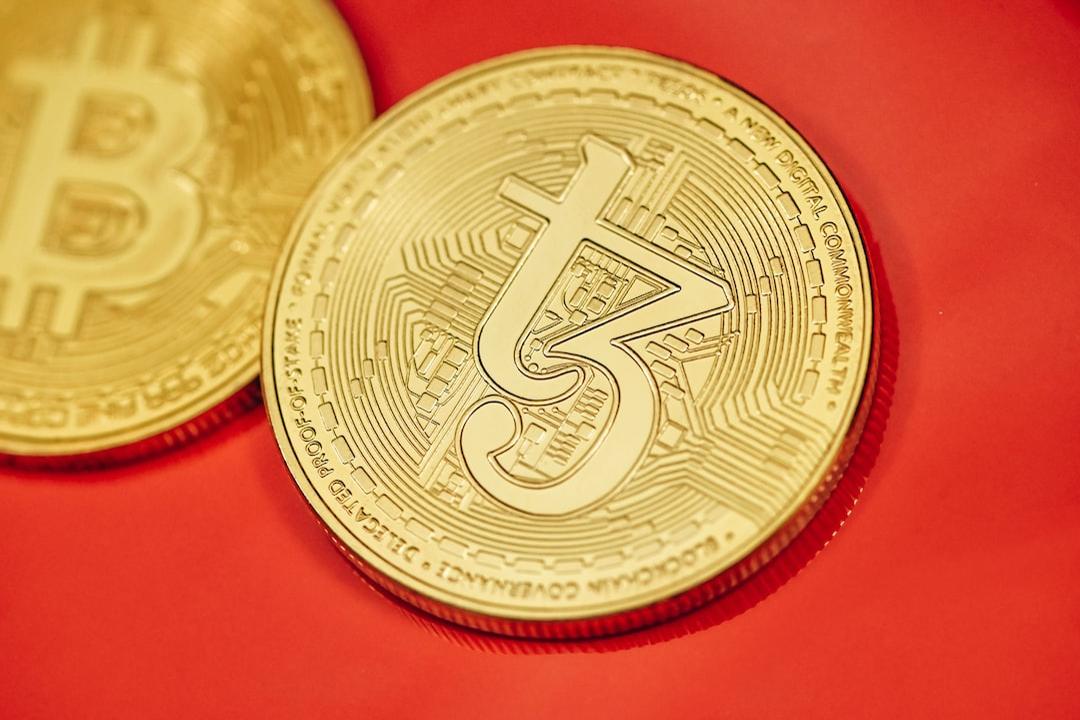According to Thai media outlet The Nation, the Thai government plans to launch a nationwide regulatory sandbox that will allow foreign tourists to exchange cryptocurrency for local currency for electronic payments, with the aim of boosting the tourism industry.
The initiative, named “TouristDigiPay,” is expected to go live on Monday. Users will be able to exchange cryptocurrency for Thai baht and make payments through electronic payment service providers. This service is exclusively available to tourists in Thailand, who must complete KYC identity verification and open accounts with digital asset companies and electronic payment operators regulated by the Bank of Thailand and the Securities and Exchange Commission.
The program also includes safeguards, such as a monthly spending limit and a prohibition on direct cash withdrawals. Detailed information will be announced by Thai Deputy Prime Minister and Minister of Finance Pichai Chunhavajira on Monday.
The TouristDigiPay initiative aims to inject new vitality into Thailand’s tourism sector, particularly in light of the declining number of foreign tourists, especially from China.
According to a report released by the World Tourism Organization on July 10, Thailand is expected to welcome approximately 16.8 million tourists in the first half of 2025, a decrease from 17.7 million during the same period last year. Among them, tourists from East Asia have declined by 24%, while the number of Chinese tourists has dropped significantly by 34%. The report indicates that tourists are shifting their focus to other countries in the region, such as Japan, which has become more affordable due to the weakening yen, and Vietnam, which has relatively lower travel costs.
The Thai government has been exploring the use of cryptocurrency to stimulate the tourism industry.
On August 13, the country’s securities regulator completed a public consultation on financial innovation and the use of digital assets to promote economic and tourism growth. In addition, a cryptocurrency sandbox is currently being piloted in Phuket.
Other countries are also implementing similar initiatives.
Bhutan is currently one of the countries actively incorporating cryptocurrency into its policy planning. In addition to strengthening its financial structure and promoting economic development through Bitcoin (BTC) mining using hydropower resources, the Bhutanese government opened the door for local banks to collaborate with Binance Pay, allowing tourists to use cryptocurrency for various travel expenses this May.
In South Korea, the public blockchain Kaia announced in July that it had introduced the USDT stablecoin into the “digital ATM” of fintech company DaWinKS, enabling foreign tourists to exchange cryptocurrency for fiat currency at several major tourist attractions in the country. Kaia evolved from the public blockchains Klaytn, under South Korean messaging software company Kakao, and Finschia, under LINE, which merged their mainnets last year.

